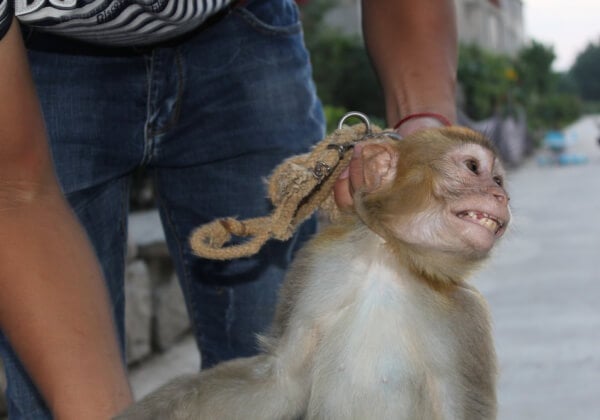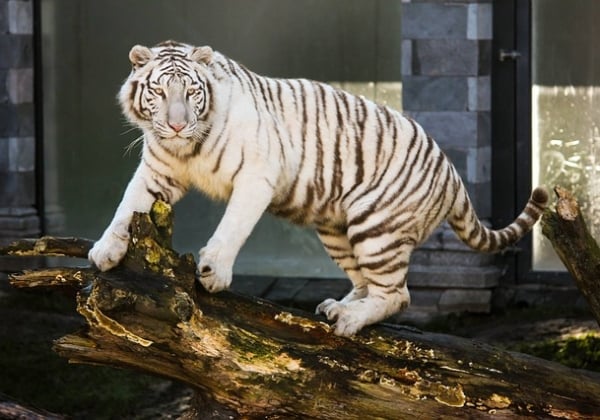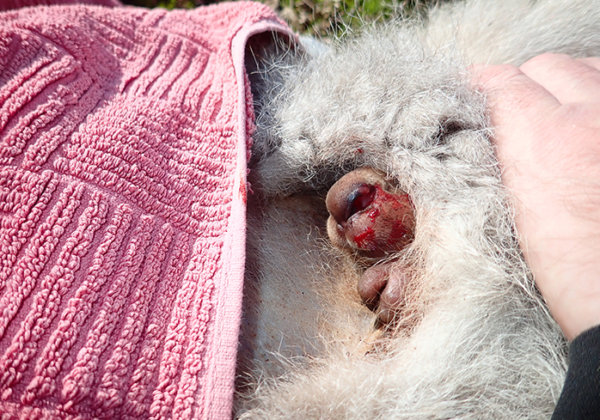How to Help Injured Wildlife
It can be difficult to know how to help if you come across an injured or orphaned animal. Sometimes people with even the best intentions inadvertently do more harm than good when they don’t fully understand what an animal needs.
Let us help you to be as prepared as possible so you can give wildlife the best chance of survival.

*Click here for a larger version of this infographic
Additional Points to Remember
- Keep essential items in your car so you’re always prepared. You could also keep a lead with you to help with catching a lost or stray dog.
- If you can catch the animal yourself, you’ll be able to get him or her to the vet quicker. You may be waiting some time for a rescuer, so it’s best to call only if you really have no other choice.
- For a guide to removing marsupials from their mother’s pouch safely, click here. If you’re still unsure, please keep mother and baby together.
Who Can Help – a Vet, a Rescuer or a Wildlife Carer?
Vets are best equipped to treat injured animals in 99 per cent of cases, as they have the necessary pain relief on hand to administer to an animal in pain.
Rescuers can be called on to help animals you can’t catch. Carers can rehabilitate animals, if that’s necessary.
If a local RSPCA wildlife hospital is nearby, it will be the best place to take injured animals. If none is nearby, emergency vets are the best option. They see a lot more wildlife than regular vets, as they’re open all night, when most wildlife is found.
Most people live within half an hour or so of an emergency vet.
If an emergency vet isn’t nearby, please take the animal to the nearest vet you do have. Vets are obliged by law to treat wildlife for free.
More on Baby Birds
Know the difference between a baby bird who needs help and one who will be OK if left alone.
If birds are unable to flutter back up a tree unattended, please do not leave them be. Parents may feed them on the ground, but they usually can’t carry them back up a tree. Featherless babies should always be taken in for care if found on the ground.
 Baby Bird Rehabber | Audrey | CC By 2.0
Baby Bird Rehabber | Audrey | CC By 2.0Featherless Baby

Fledgling







